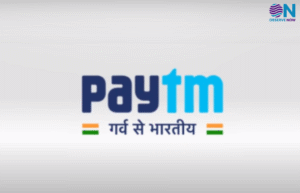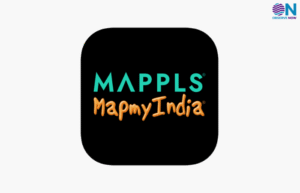YouTube Launches AI-Powered Age Verification Trial in the U.S.

YouTube has begun testing an artificial intelligence–based age verification system in the United States, designed to more accurately determine whether logged-in users are minors. Instead of relying solely on birthdates entered during account creation—which can be easily falsified—the system analyzes user behavior and viewing patterns to estimate age.
The trial is currently limited to a select group of users. If successful, YouTube may expand the rollout to a broader audience as part of its efforts to enforce age-appropriate restrictions. The AI model examines signals such as search history, types of videos watched, account age, and overall viewing habits. When the system estimates that a user is under 18, it automatically applies safeguards, including disabling personalized ads, enabling digital wellbeing tools like screen-time reminders, restricting access to mature content, and limiting repetitive or sensitive video recommendations.
One notable aspect of the system is that it avoids using self-reported birthdates, which are often inaccurate. If a user is incorrectly flagged as a minor, they will have the option to dispute the classification through an additional verification process. This can include submitting a government-issued ID, using a credit card for verification, or providing a selfie for facial analysis to confirm their age.
This initiative comes amid growing regulatory pressure in the United States to better protect minors online. Recent legislative moves, including state-level laws and court rulings, have placed greater responsibility on tech platforms to verify the ages of their users and restrict access to adult or sensitive content. By introducing an AI-based system, YouTube aims to demonstrate proactive compliance with these emerging standards while minimizing friction for legitimate users.
However, the development has not been without criticism. Privacy advocates and digital rights organizations have voiced concerns about the implications of AI-powered monitoring, warning that such tools could lead to overreach or unintended consequences. Misclassifications could potentially limit access to lawful content, while continuous tracking of user behavior raises questions about data collection and retention. These groups stress the importance of transparency and clear guidelines to ensure that safety measures do not undermine personal freedoms.
Globally, AI-assisted age verification is becoming a more common approach. Similar systems are being explored or implemented in parts of Europe and the UK as governments push for stricter oversight of online platforms. The goal is to create a safer digital environment for young users, but the debate over privacy, accuracy, and feasibility continues to shape how these measures are designed and deployed.
For YouTube, the trial represents both an opportunity and a challenge. If the AI model proves effective, it could set a new industry benchmark for age verification in the digital media space. But the company will also need to address concerns about fairness, potential bias in AI decision-making, and the long-term impact on user trust. Balancing the protection of minors with the preservation of user privacy will be key to the system’s acceptance and eventual success.
















